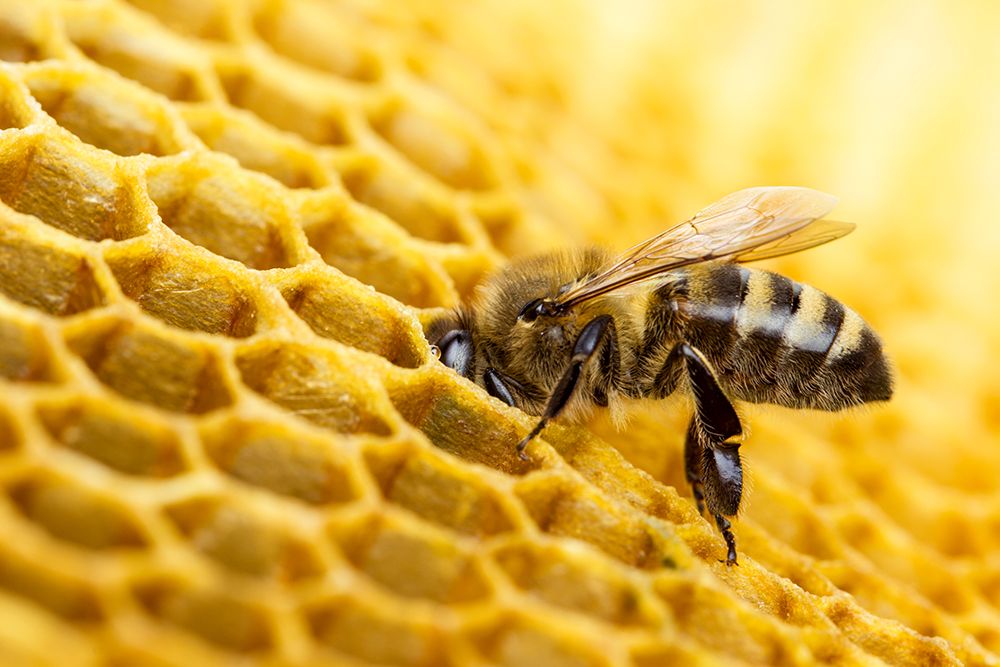For decades, sexuality has been something that doesn’t always have the right terms to accurately describe what’s going on with someone’s desires. But, over time, culture’s made space for recognition of various identities. Now, we actually have words to describe these things. Case in point: autosexuality.
If you get turned on when you catch a glimpse of yourself in the mirror getting out of the shower or love a good solo sex session, there’s a chance that you might be autosexual. Autosexuality isn’t new, per se, but the fact that it’s a sexual identity with a name is a pretty recent thing.
“Sexuality is so diverse that is important to have words to describe one’s experience,” says Janet Brito, PhD, a clinical psychologist and sex therapist in Honolulu. “Sexuality is so subjective, and unique to the individual that it is best to be open to learning about how folks define their sexuality.”
Despite finally having a name to go with those desires, since autosexuality’s recognition is relatively new, it might be a bit confusing. “We live in a conflicting culture,” says sex therapist Jess O’Reilly, PhD, creator of the Sex with Dr. Jess podcast. “We’re supposed to like ourselves, but we’re judged when we admit that we like ourselves—sexually or otherwise.”

Unfortunately, this sexual identity is also a little misunderstood. And, as a result, even if you feel like you’re autosexual, you might not feel comfortable declaring it over mimosas at brunch.
But being autosexual is more than just loving yourself. It means loving the skin you’re in and feeling confident about what you’ve got going on. What it doesn’t mean is that you’re not good in bed or not a generous lover. Ahead, discover what it ~actually~ means to be autosexual, plus why you shouldn’t panic if your partner subscribes to the sexual identity either.
What does autosexual mean?


At the baseline, being autosexual means you’re attracted to or aroused by yourself, O’Reilly says. Like all forms of sexuality, this happens on a spectrum, she adds. Some people could use the term to talk about an experience they had, while others could think of being autosexual as defining their sexual identity.So you might have had a fantasy once about having sex with yourself, or you might find that mostly get turned on from thinking of yourself during sex—there’s a huge range here.
Though it isn’t, O’Reilly says it might be helpful to liken it to kinks. “You can enjoy something kinky, but not identify as kinky. Only you can decide how you identify.”
To some, autosexuality sounds narcissistic, but it’s not. “Narcissism and having narcissistic tendencies is thinking that you’re special and putting yourself in higher regard than other people,” says Thea Gallagher, PsyD, a Philadelphia-area psychologist and co-host of the Mind in View podcast.
When it comes to sex, people who are narcissistic tend to focus more on the pleasure they’re receiving and may not even think about the other person in bed with them, she explains, adding that “healthy sex is supposed to be mutually beneficial.” But people who are autosexual can be generous lovers.
It’s possible to be both autosexual and narcissistic, Gallagher says, but just because you’re turned on by your own body doesn’t mean that you don’t care about other people—in or out of bed.
How do I know if I’m autosexual?
Again, autosexuality happens on a spectrum and it can be tough to apply hard and fast rules that include everyone, O’Reilly says. Still, there are a few signs that could be tip-offs that you’re autosexual or have autosexual tendencies, adds Brito:
- You’re mostly attracted to yourself more than others.
- You look at your own body and feel sexually aroused.
- You prefer to engage in masturbation than partnered sex.
- You exclusively desire yourself sexually more than being sexual with others.
- You engage in sexual fantasies and have sexual dreams about yourself more than having sexual fantasies and sexual dreams about others.
- You may still have sexual and romantic relationships with others (successfully).
“One element of autosexuality might involve being in touch with your own desires,” O’Reilly says. “You know yourself best and if you’re open to exploring your desires, you know what you like sexually better than anyone else.”
What if my partner is autosexual?

If your partner is autosexual, that doesn’t mean that they don’t love having sex with you or that they aren’t turned on by you. They just naturally get turned on by themselves, O’Reilly says.
“It might mean that they need to look at their own body to become aroused, but still are able to engage in sexual activities with their partner,” says Brito. “It does not mean they won’t be curious to learn about what you enjoy sexually.”
Communication is key so that the two of you can find ways to turn each other on. A few things that can help, according to Brito:
- Provide an affirming space for them to share this part of themselves.
- Don’t shame them for identifying as autosexual.
- Be curious to learn more about what being autosexual means to them.
- Have fun creating your own sexual menu, and learning about each other’s sexual preferences.
- Be open to exploring how they want to sexually express themselves.
Ultimately, autosexuality may be more common than you think. “I’d suggest that we’re all autosexual to some degree,” O’Reilly says.
Source: Read Full Article
